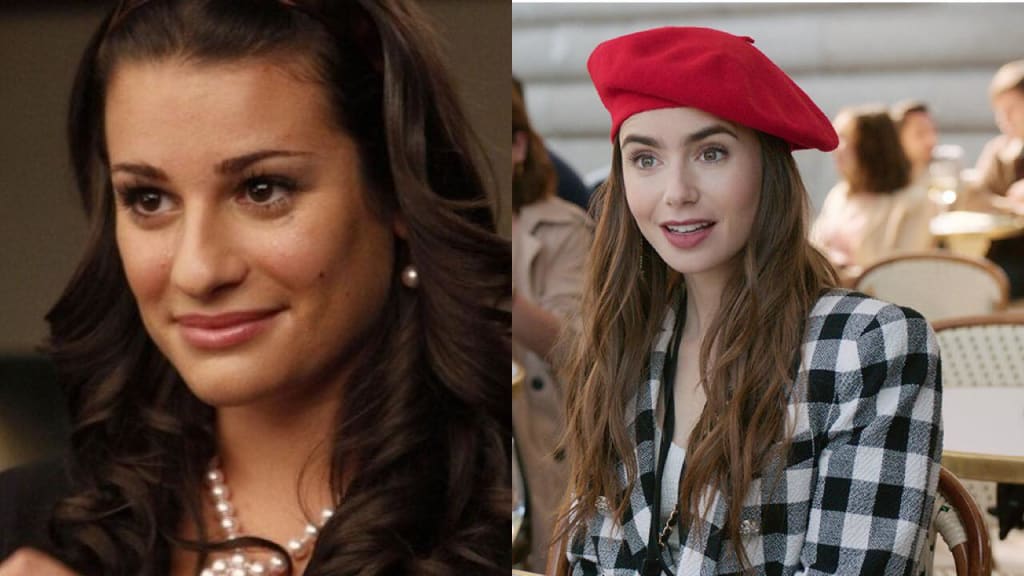
When writing a female lead, you want your protagonist to draw your audience in, for them to sympathise, relate and ultimately root for her to succeed in the narrative. This can be achieved through showing her losses, her achievements, her dreams, her relationships or struggles - but what happens when a character becomes unbearable to your reader/viewer?
Now don't get me wrong, unlikeable leads are great characters to write - their flaws and them learning to grow and change, gives strong writing material to explore within their arcs. However, that lack of awareness with Rachel Berry (Glee) and Emily Cooper (Emily in Paris) makes them unbearable protagonists.
Let's look at Lily Collins' Emily, a 20-something American who moves from Chicago to Paris for a social media strategy job at Savoir. The small fish in a big pond is a great tool to have your character be identifiable to the viewers, but Emily fails in several significant ways. For starters, her total unawareness of the French culture, her rude and quite frankly obnoxious way she approaches both work and relationships in Paris - just shows her to be arrogant and oblivious. Is this a bad thing? Absolutely not - only if she learns that her behaviour has been bad or characters call her out on that behaviour to force her to reflect on her ways.
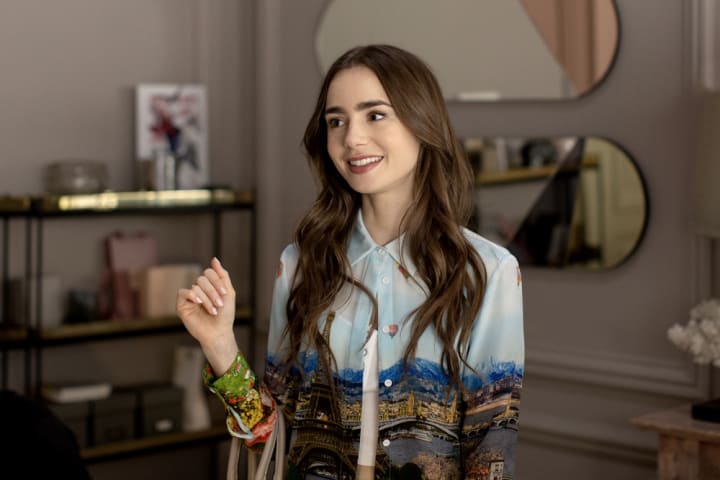
Does she learn? From what I've seen so far, no. Do characters call her out on her actions? Yes, but they are framed to be mean or unfair and supporting characters actually validate Emily's complaints on being criticised. The fact is, having plucky, cheerful and arrogant, Emily genuinely believe she can waltz into Paris with her "American perspective" to French branding with total cultural ignorance shows this as a gigantic character flaw which is never truly addressed. Instead, we see her treat Paris like her own personal playground and remain blissfully arrogant in her approaches to life and love.
How could this be done better? Well, Emily could still start the series as wistfully unaware of the cultural heritage of art in France, which is immediately called out on and forces her to make a change to be taken seriously. Let us see her learning about real French style - how France has such strong roots and influences on art, film and fashion - and therefore, we see her grow and develop in her craft. This can also be said on how she goes into platonic and romantic relationships - instead of showing each interaction as one sided (usually they're only there to serve the plot/Emily) and superficial, these moments can explore selflessness, vulnerability and growth.

Based on the critics and with Season Two renewed, showrunners along with Collins herself have vowed to take the feedback on board. However, Emily is a character that audiences struggled to empathise with. An entitled character wrapped in privilege - not only are they difficult to root for, their inability to learn from past mistakes just makes the plot feel repetitive.
Now let's travel back in this to the late noughties, where Ryan Murphy created Rachel Berry - the aspiring Broadway star, who is socially awkward and ignorant to those around her. She often puts down her peers in her need for the spotlight. As this show had six seasons, I want to focus on one particular season which mirrors Emily's frame of mind.
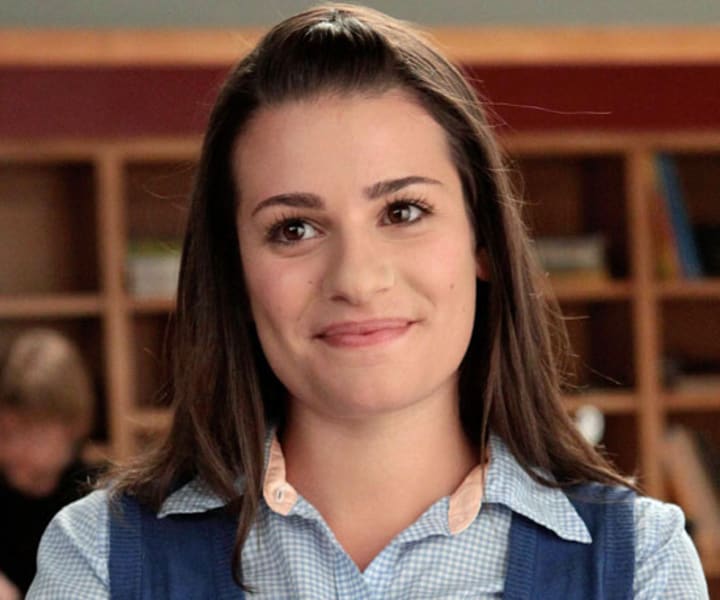
Lea Michele's Rachel is essentially followed from sixteen into her thirties throughout the entire show run. Although she has moments of growth or self-awareness, she always seemed to revert back to her insecure and narcissistic ways. Things also seem to be handed to Rachel, from solos, to a place at a prestigious university - after failing her audition twice, but still getting a do over at a National performance and being accepted on that.
Not only does Rachel completely shred her sweater-loving fashion sense from high school to reinvent herself, this is where her ego inflates to dangerous levels. NYADA, although fictional is portrayed to be at the level of the London Royal Academy of Dramatic Arts (the actual inspiration for this university) or the National Film & Television School - incredibly tough to get into, but students are expected to bring a certain level of maturity and consistency in their studies. Instead of this humbling Rachel or pushing her to thrive in this new environment, once she gets cast as the lead in Funny Girl - all academic aspirations go out of the window.

Again, her quirkiness is actually proof of further ignorance and self-indulgence. Which steams from unrealistic indulgences from both her fathers and teachers in her youth, she was completely unprepared for the reality of higher education.
One line that perfectly encapsulates her most fatal flaw was said by Whoopi Goldberg's Madame Tibideaux's in Season Five, when Rachel - yet again - expects special treatment when she is on the verge of failing all her classes:
"You are talented, you have drive. What you don't have is no foundation, you don't listen and you don't take direction. That's why you need NYADA - You're not ready"
And she was right. Rachel's flaky nature sees her quitting university, missing a show to go to an audition for another production, nearly getting blacklisted on Broadway and starring in a failed TV pilot - causing her to return home, disgraced and back working at her old school.
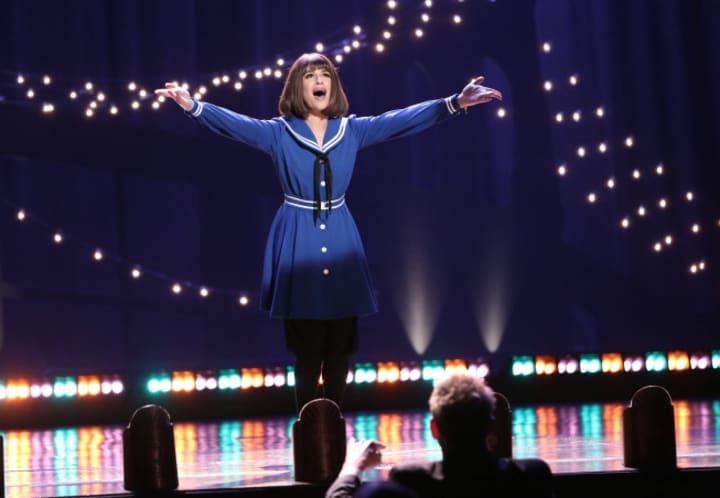
This is without a doubt, her biggest downfall and where the protagonist can only go up. And she does. But we don't really see it. In the series finale, we learn she not only went back to NYDA but graduated and progressed so far in her acting, she was nominated alongside Anne Hathaway and Maggie Smith and won a Tony award...
The hasty ending and the tragic loss of a main cast member which caused Glee to be short-lived, even so - the writing for this seems too easy. Rachel was at such a low and then she's on the highest cloud, but you need to show that struggle to get there. One aspect that could have gotten this before the five year jump, show her reapply to university. That daunting application process, the fear of being rejected from the place she chose to leave on a whim, the interview/audition process - that is where the true essence of a character lies, seeing them go for what they truly need and reflecting on past mistakes. Instead, Rachel is considering going back to NYADA and boom - she got her happily ever after. Was it truly deserved?

If you're going to write a "quirky" heroine in your script/story, make sure you balance out her quirks with her flaws and she is written with depth. You want your audience to care about her and if her flaws become unbearable, the supporting cast would call out her antics (just like in real life).
And finally, if you're going to have her ultimately get the love interest or achieve her dream - make sure she earns it.


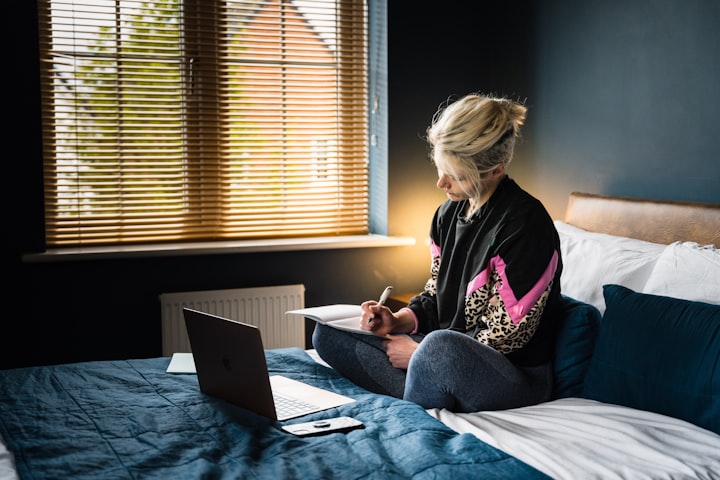



Comments
There are no comments for this story
Be the first to respond and start the conversation.